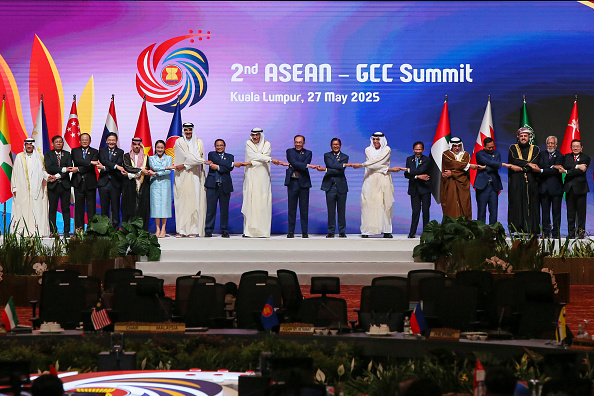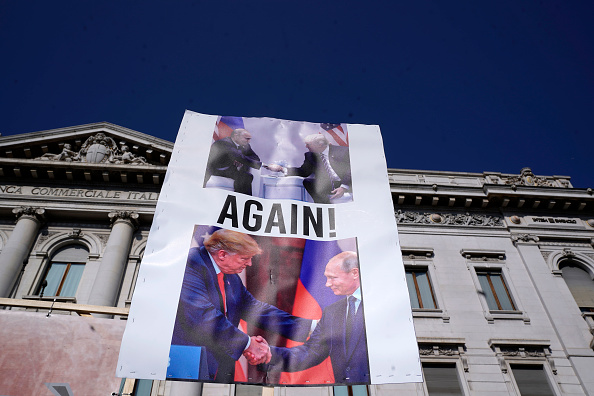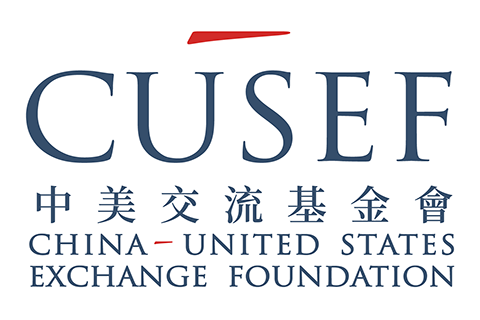
Dear Focus Reader,
This week, Presidents Xi Jinping and Donald Trump held their first phone call since January. The 90-minute conversation on Thursday focused almost exclusively on trade, with Trump calling it a "very good" exchange and Xi urging the U.S. to remove "negative measures" in the spirit of equality and mutual respect.
The call appears to have revived momentum for economic talks that had stalled after the Geneva consensus last month. Trump said discussions on rare earth mineral restrictions, critical to both consumer tech and defense systems, were productive and that meetings between economic teams would resume soon. Xi, in turn, invited Trump to visit China, and Trump reciprocated the gesture.
But the call did little to paper over deepening distrust. Trump has accused China of breaching the 90-day trade truce, while Beijing contends the U.S. has moved the goalposts, most recently by tightening controls on Chinese AI firms and threatening new tariffs.
That tension was on quiet display at last weekend's Shangri-La Dialogue in Singapore, where China notably scaled back its presence. Instead of sending Defense Minister Dong Jun, Beijing dispatched a delegation of military academics who declined to hold bilateral meetings or press briefings. In a lone panel appearance, PLA Major General Hu Gangfeng rejected U.S. Defense Secretary Pete Hegseth's warnings about China as "groundless accusations," but otherwise struck a low profile.
Following recent dialogue, the White House announced Friday that senior U.S. officials will travel to London next week for the next round of trade negotiations. Treasury Secretary Scott Bessent, Commerce Secretary Howard Lutnick, and U.S. Trade Representative Jamieson Greer will lead the American side. Trump said he expected the talks to "go very well," though neither side has indicated what compromises, if any, might be on the table.Learn more on international relations by catching up on our latest Focus content, including topics on ASEAN's global role, economic impacts from Trump's tariffs, and more.
The number of AI-related recommendations the U.S. government published in April 2025, collected from tech companies, think tanks, and other stakeholders to inform the national AI Action Plan under Executive Order 14179.
Read more in "What Are America's Priorities for AI?" by Li Yan, Director of Institute of Sci-Tech and Cyber Security Studies, China Institutes of Contemporary International Relations, and Fan Xiaoying, Research Fellow at Institute of Sci-Tech and Cyber Security Studies, China Institutes of Contemporary International Relations.
In the year of the snake, how are Chinese snakes doing? | Kyle Obermann
Watch VideoIn this episode of The China Current, Nature Host Kyle Obermann interviews Chinese snake expert and enthusiast Michael Ring to explore an unusual question inspired by the Year of the Snake: how are snakes doing in China?
"Culturally, snakes are more venerated in China than in the United States," Ring explains.
In our Focus Insights section, we shared an article by Kishore Mahbubani where he explores how Trump's tariff threats are prompting ASEAN to strengthen internal cooperation and expand its global partnerships.
We want to hear from you!What challenges might ASEAN face in maintaining unity while responding to uneven tariffs across member states?
Submit your thoughts to USeditor@chinausfocus.com for a chance to be featured in next week's Focus This Week.
useditor@chinausfocus.com for more info.
Prepared by China-US Focus editorial teams in Hong Kong and New York, this weekly newsletter offers you snap shots of latest trends and developments emerging from China and the U.S. every week. It is a community space to exchange thoughts and ideas about the China-U.S. relationship and beyond.
- 2025-05-30 Focus This Week: Visas in the Crosshairs
- 2025-05-23 Focus This Week: Academic Exchange Strained
- 2025-05-16 Focus This week: Rolling Back, Moving Forward?
- 2025-05-09 Focus This Week: "Friends of Steel"
- 2025-05-02 Focus This Week: An Open Door?
- 2025-04-25 Focus This Week: Open for Business
- 2025-04-18 A "Numbers Game"
- 2025-04-11 Focus This Week: Beijing Strikes Back
- 2025-04-04 Focus This Week: Tariff Turmoil
- 2025-03-28 Focus This Week: Navigating Uncertainty
- 2025-03-21 Focus This Week: Driving Diplomacy
- 2025-03-14 Focus This Week: Two Sessions Wrapped
- 2025-03-07 Focus this Week: Setting the Agenda
- 2025-02-28 Focus This Week: A Dramatic Shift
- 2025-02-21 Focus This Week: Straining Ties
- 2025-02-14 Focus This Week: Deals and Defense
- 2025-02-07 Focus This Week: The Saga Continues
- 2025-01-31 Focus This Week: Tariffs and Tech
- 2025-01-24 Focus This Week: A New Era
- 2025-01-17 Focus This Week: Refuge on RedNote




